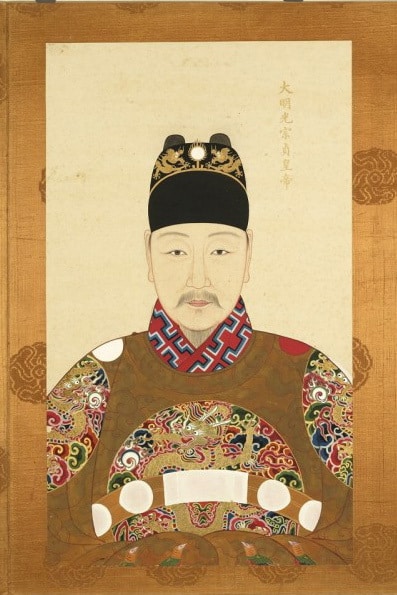History, whether rightly or wrongly, is often defined by the rulers of the day. Periods are divided into dynasties or specific monarchs, such as Tudor or Victorian England, the Tang, Ming or Yuan Dynasties of China, or the Stalinist dictatorship of Russia. Yet these descriptors are often awarded to the rulers who not only made the greatest impact personally upon their respective nations or the world but also those who simply lasted the longest. History must not forget those who did not enjoy lengthy tenures, as meaningful lessons can be learned from failure and greatness can still be imparted in brevity.

ADVERTISEMENT - CONTINUE READING BELOW
Here are 16 rulers who, whether through foul play or misfortune and for better or worse, reigned for less than 50 days:

ADVERTISEMENT - CONTINUE READING BELOW
16. Becoming Emperor of China at the age of only 38 upon the death of his father, Zhu Changluo ruled for just 29 days before himself dying
The Taichang Emperor (also known as Zhu Changluo) served as the 15th emperor of the Ming Dynasty of China in 1620 CE. Born in 1582 CE, Zhu Changluo was the first son of the Wanli Emperor yet was largely ignored by his father due to the conditions of his birth. Zhu was the bastard son of a palace attendant, Lady Wang, a servant in the employ of the Emperor’s mother, the Empress Dowager Xiaoding. Upon discovering the pregnancy, Xiaoding persuaded her son to provide Lady Wang with the title “Consort Gong of the Second Grade” – formally making her a royal concubine – and thus legitimizing the birth of his first son.
On August 18, 1620, the Wanli Emperor died and was succeeded by Zhu Changluo ten days later on his 38th birthday. Adopting the regnal name “Taichang”, meaning “grand prosperity”, his reign begun optimistically. Empty bureaucratic positions were swiftly filled, troops guarding the borders were granted a substantial gift of silver, and unpopular taxes were revoked. However, falling ill soon after his coronation, the Tainchang Emperor sought a remedy for severe diarrhea from a court official named Li Kezhuo. This remedy, a red pill, helped considerably and so the emperor took a second the in the afternoon before being found dead the following morning. Becoming the “Case of the Red Pills”, Li Kezhuo was blamed for the death of the emperor and was exiled to the border regions.

